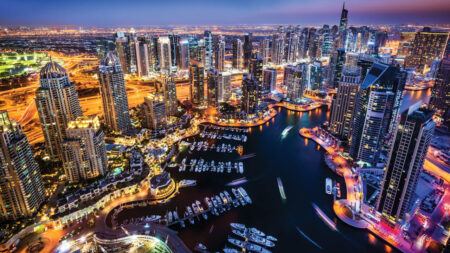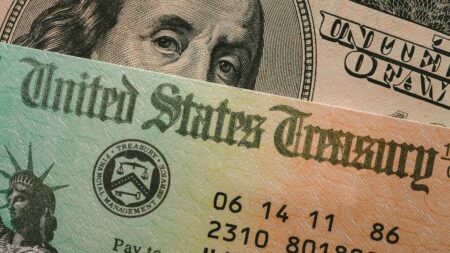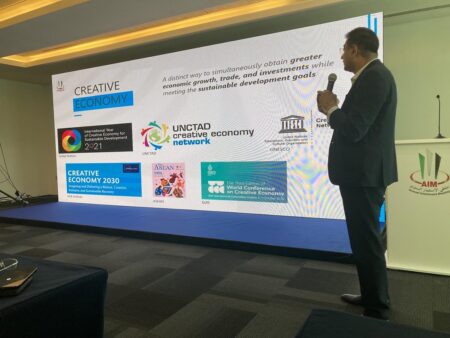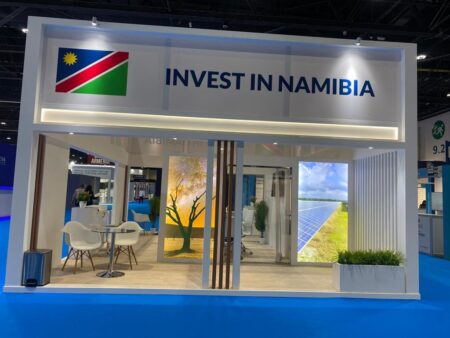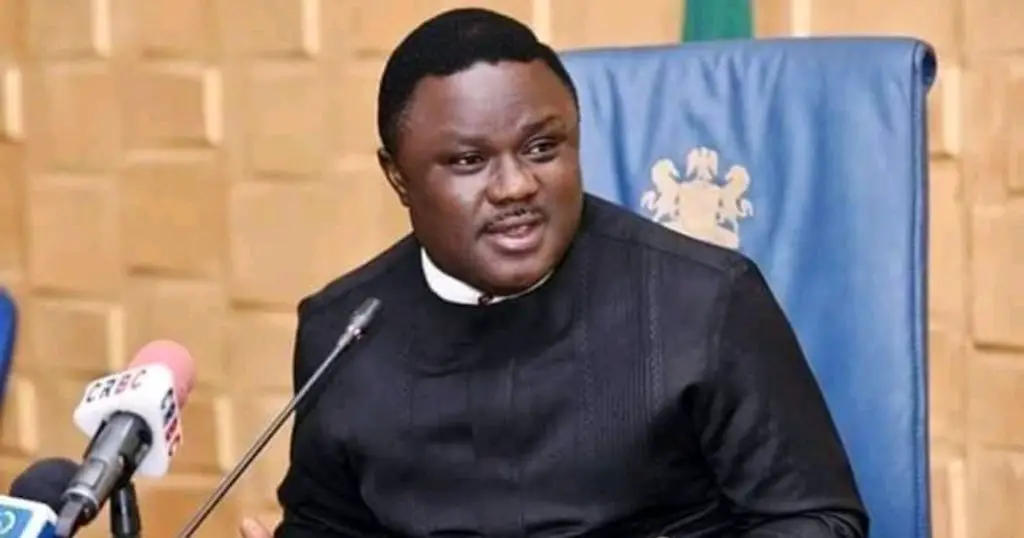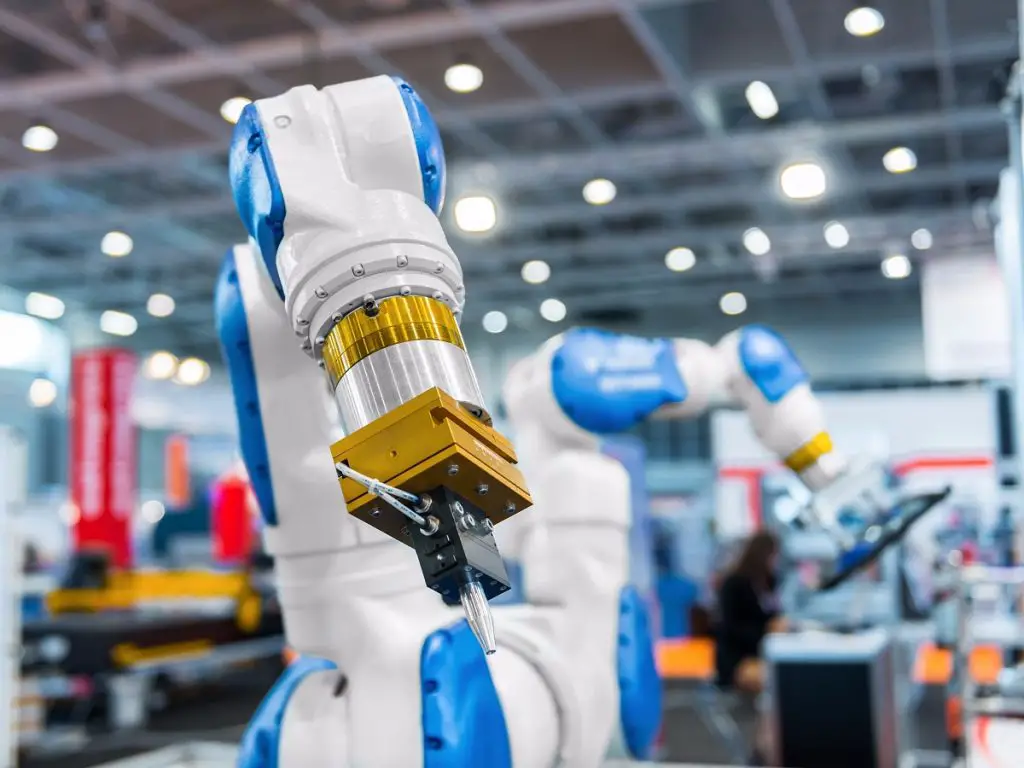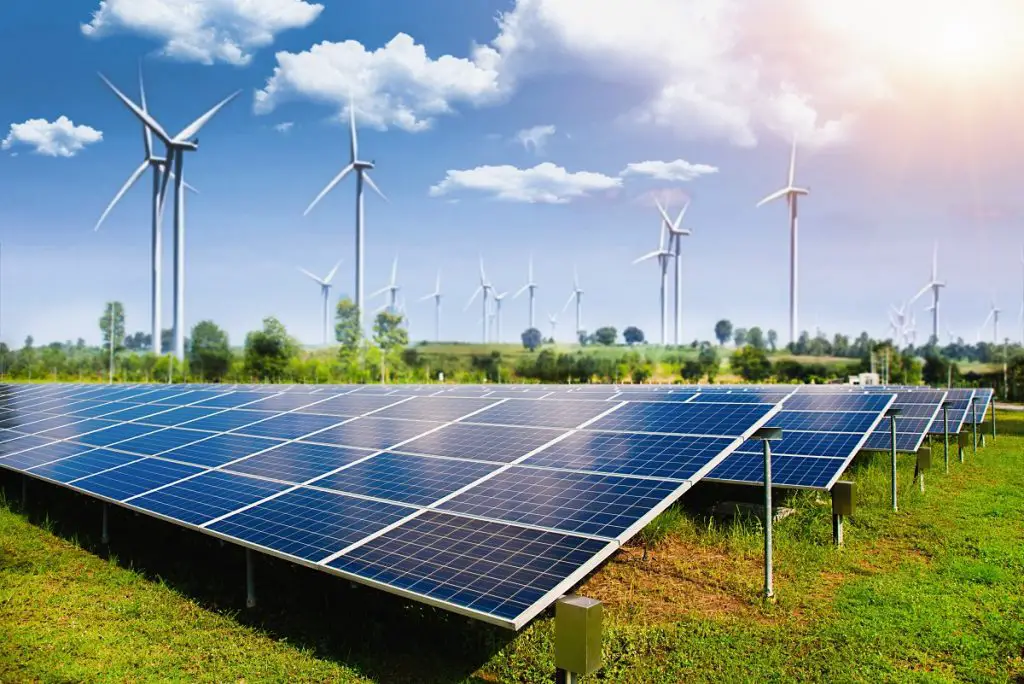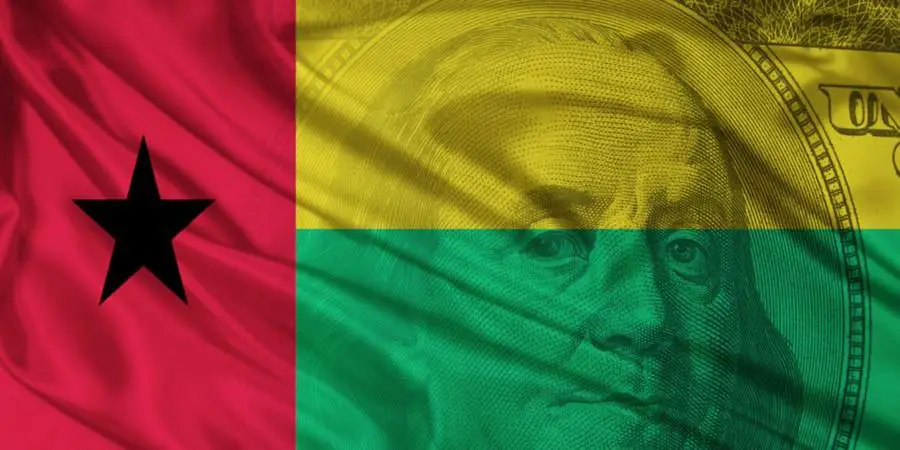- Africa’s new dawn: the rising role of digital and AI in agriculture
- Can Dangote Refinery Transform Africa Energy Ambition
- Gallup Survey: 80 per cent of Kenyan Workers Are Disengaged and Seek New Opportunities
- Madagascar Man Freed from 5KG Tumor After 15-Year Struggle
- How women in Africa are perceived and treated
- Sugar consumption in Kenya to Increase to 1.23 Million Tonnes
- Can Somalia and Turkey Oil deal Bring Change in Somaliland
- Remittances to Kenya dropped to $371.6 million in June, marking a six month low
Browsing: investment opportunities
- The ambitious Dubai Real Estate Vision 2040 is set to propel the UAE real estate sector towards a revolutionary expansion period.
- The International Property Show stands at the vanguard of this dynamic market, offering a platform for local and international exhibitors to unveil their latest projects and forge connections.
- Through improvements to transportation and social infrastructure, the Master Plan is anticipated to open up numerous economic opportunities, especially in the real estate sector.
Dubai Real Estate Vision 2040 Going Global
Dubai’s International Property Show (IPS) marks its 20th edition, indicating the city’s unyielding allure in the global real estate arena. This prestigious event, inaugurated by His Excellency Engineer Marwan bin Ghalifa, is a showcase and a confluence of innovation, opportunity, and vision, reflecting Dubai’s ambition and strategic trajectory towards the Dubai Urban Plan 2040.
Dubai’s real estate sector is experiencing a vibrant upswing, characterized by robust growth across all domains—residential, …
Yield-chasing investors have poured money into Africa, but an emerging, recent challenge for the continent is that in a now higher interest rate environment, investors don’t need to come to Africa to find higher returns.
Even US treasuries are now yielding far more attractive yields than just a month ago: three-month government bonds offer 5.32 per cent, while 2-year bonds offer a yield above five per cent. Yields have risen in part in response to Fitch’s recent downgrade of the US from AAA to AA+, echoing S&P’s move in 2011.
African bond issuers, spooked by the high-interest rate environment and refusing to issue bonds above the psychological barrier of double-digit yields for Sub-Saharan African bonds, continue to wait it out on the sidelines.…
- The forum offers a unique chance to shape global investment policies by tackling the challenges to international investment.
- The forum will offer policymakers and other stakeholders an opportunity to identify solutions and reach a consensus on climate finance and investment priorities.
UNCTAD World Investment Forum Executive Director James Zhan has announced the launch of ‘UNCTAD World Investment Forum 2023’. Taking place under the theme ‘Investing in sustainable development’, the forum, which will be held in October will bring together government leaders, global CEOs and other investment stakeholders.
Zhan stated that the UNCTAD World Investment Forum is the foremost global platform dedicated to investment and development. The forum is aimed at coming up with strategies and solutions for the challenges faced by global investment and development.
Climate finance and investment priorities
It also offers a unique chance to shape global investment policies by tackling the challenges to international investment resulting from …
- The 12th edition of The Annual Investment Meeting (AIM), highlighted investment hotspots in various parts of the world.
- The sessions focused on Namibia, ASEAN and the Russia region as well as new investment destinations such as Moscow and Armenia.
- Experts highlighted how the increasing cooperation is leading to a favourable investment climate and opening up new opportunities for businesses.
The 12th edition of the the Annual Investment Meeting (AIM) has highlighted Namibia among other top investment hotspots internationally. AIM, which was hosted in Abu Dhabi, UAE, featured a series of regional and destination forums demonstrating available opportunities in various parts of the world.
In Africa, a special focus was given to Namibia. The session highlighted the southern African country’s potential as an investment hotspot, citing its $13 billion GDP reported in 2022. In addition, the country is rich in oil and gas reserves. Further, Namibia is deploying large-scale projects in …
- Cross River State has invited investors into various sectors of its economy, as part of plans to grow its economic development
- The southern Nigerian state also has several opportunities in the green economy, mostly in agribusiness
- Cross River State also offers opportunities in the blue economy, including at the port, as well as shipping
The government of Cross River State has invited investors into various sectors of its economy, as part of plans to grow its economic development.
The CEA of Cross River State Francis Ntamu told The Exchange Africa exclusively that there were several opportunities including in the green and blue economies.
The southern Nigerian state also has several opportunities in the green economy, mostly in agribusiness.
“We have rich tropical rain forests and endangered species of butterflies which have been of keen interest to environmentalists,” Ntamu said, adding that such an environment is ideal for investors interested in …
Africa is not very far for Asian investors who might be interested in the investment opportunities on the continent.…
In a 2019 Human Development Index1 (HDI) issued by the UNDP, countries with low human development include Liberia, Guinea Bissau, Sudan, Niger, Nigeria, Mauritania, Lesotho, Senegal, Togo etc. The Human Development Index is measured through three dimensions: long and healthy life, access to knowledge and decent standard of living. The major importance of the HDI is to enable countries to calculate the overall level of development and what sectors in the economy need more funding and attention. What this means is that countries with low HDI tend to suffer with high rate of unemployment, low Foreign Direct Investments (FDI), high mortality rate, poor infrastructures and so on. The key importance of the HDI is to drive economic diversification and economic growth. Beyond economic growth, it is also important to adopt development strategies that would solve the issue of social needs and increase inflow of investments.
A major reason …
90 per cent of the global population without access to electricity will be concentrated in the SSA…
 For those investing and particularly interested in Africa, Guinea-Bissau is a country which, so far, has been “under the radar” for most of the investors.
For those investing and particularly interested in Africa, Guinea-Bissau is a country which, so far, has been “under the radar” for most of the investors.
Located in West Africa, bordering with Senegal and Guinea Conakry, Guinea-Bissau is a relatively small country, with 36.125 sq. Km. Around 25% of the total population (estimated in 2.072.000, by figures of April 2020) is based in the capital (Bissau).
The official language is Portuguese, with some other native languages been used (like Balanka, Fula and Mandinka). French is also spoken, due to the influence of the two neighboring countries. Most of the population is Muslim (45%), with 22,1% of Christians and the outstanding percentage spread by indigenous traditional popular religions. Guinea-Bissau is also characterized by a very high level of young population (the medium average age is only 18 years).
Politics in Guinea-Bissau
The political regime is a constitutional democracy, with …





